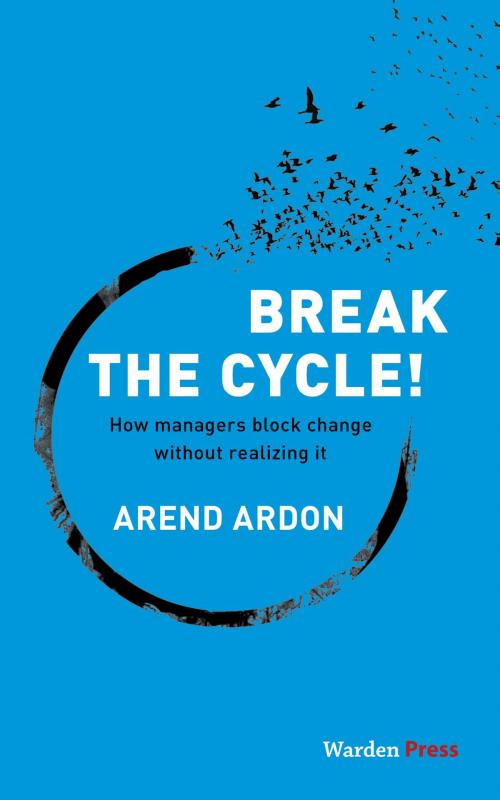Break the Cycle!
how managers block change without realizing it
Business & Finance, Human Resources & Personnel Management, Organizational Behavior| Author: | Arend Ardon | ISBN: | 9789492004635 |
| Publisher: | Wardy Poelstra Projectmanagement | Publication: | May 22, 2018 |
| Imprint: | Warden Press | Language: | English |
| Author: | Arend Ardon |
| ISBN: | 9789492004635 |
| Publisher: | Wardy Poelstra Projectmanagement |
| Publication: | May 22, 2018 |
| Imprint: | Warden Press |
| Language: | English |
Most modern managers know much of what there is to know about change management. Still, things often go wrong in practice. This is almost entirely because our actions are not always steered by our knowledge. Without realizing it, we make assumptions about our employees that end up causing trouble for us. And we tend to subconsciously behave in a way that undermines employees' initiative and sense of responsibility. To be able to break out of such sticky situations, you need to understand how you, as the manager, are in fact creating and perpetuating these situations yourself. Social psychologist and management consultant Arend Ardon gives a crystal-clear explanation of how these situations arise, and goes on to offer DIY interventions to get the required change going again. Having observed numerous board meetings, management team meetings, and other team meetings, he manages to pinpoint exactly what truly happens at such meetings when we talk change. "Arend Ardon makes important contributions to the practice of consulting and to the theory that informs his ideas" - Chris Argyris, author of "On Organizational Learning"
Most modern managers know much of what there is to know about change management. Still, things often go wrong in practice. This is almost entirely because our actions are not always steered by our knowledge. Without realizing it, we make assumptions about our employees that end up causing trouble for us. And we tend to subconsciously behave in a way that undermines employees' initiative and sense of responsibility. To be able to break out of such sticky situations, you need to understand how you, as the manager, are in fact creating and perpetuating these situations yourself. Social psychologist and management consultant Arend Ardon gives a crystal-clear explanation of how these situations arise, and goes on to offer DIY interventions to get the required change going again. Having observed numerous board meetings, management team meetings, and other team meetings, he manages to pinpoint exactly what truly happens at such meetings when we talk change. "Arend Ardon makes important contributions to the practice of consulting and to the theory that informs his ideas" - Chris Argyris, author of "On Organizational Learning"















